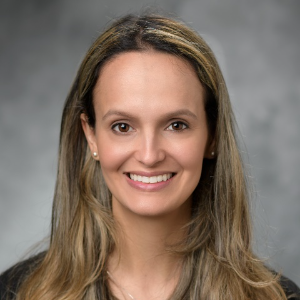Title : Fine-tuned prebiotic fiber structures to effective support probiotic-type bacteria
Abstract:
Prebiotics are dietary fibers that ferment in the large intestine to promote local and systemic effects that are beneficial to human health. However, most dietary fibers currently utilized as prebiotics are not well aligned to the bacteria they target, and present different and unpredictable responses in individuals harbouring distinct microbial communities. This presentation will provide a new view of prebiotic design and selection that is effective to support probiotic-type bacteria with high consistency across individuals. Our data from multiple in vitro fecal fermentations experiments indicate that dietary fiber structures relate to prebiotic efficacy in different people. Dietary fibers with a higher degree of structural complexity can to precisely align and promote targeted probiotic-type bacteria in the gut with predicted short chain fatty acid response, regardless of differences in community structures among individuals. On the other hand, fibers of low structural complexity, such as fructans, have varied microbiota and short chain fatty acid metabolic response in individuals, with little targeted response. We will further demonstrate how a laboratory protocol for prebiotic selection that match probiotic-type bacteria can be effective towards promotion of Faecalibacterium prausnitzii in vitro. Overall, we will demonstrate for prebiotics matched to support probiotic-type bacteria produce more intense, homogeneous, and predictable microbiota responses in different individuals. Such prebiotics have potential applications to support gut-resident or orally-delivered probiotics.
Audience Take Away:
- This presentation will explain how prebiotics can be designed to support specific probiotic-type bacteria.
- Similarity and intensity of responses across people through the use of structurally fine-tuned prebiotics will be explored.
- The presented technologies to prebiotic design have the potential to support gut-resident or orally-delivered probiotics in a targeted and predictable way.




